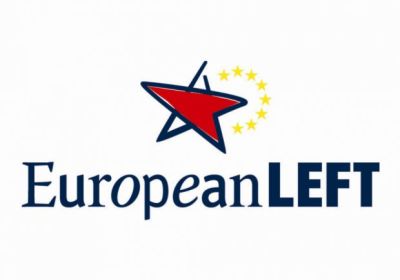
With Greece facing a snap general election on January 25, 2015, there is the genuine prospect of a radical left government coming to power in a European Union country. SYRIZA, a party born from a coalition of Eurocommunists, the far left, social movements and anti-globalisation activists, is riding high.
The general sentiment among SYRIZA officials and activists is that they will win the election and form the next government. The party won the European election in May 2014 and achieved some significant wins at the regional elections.









